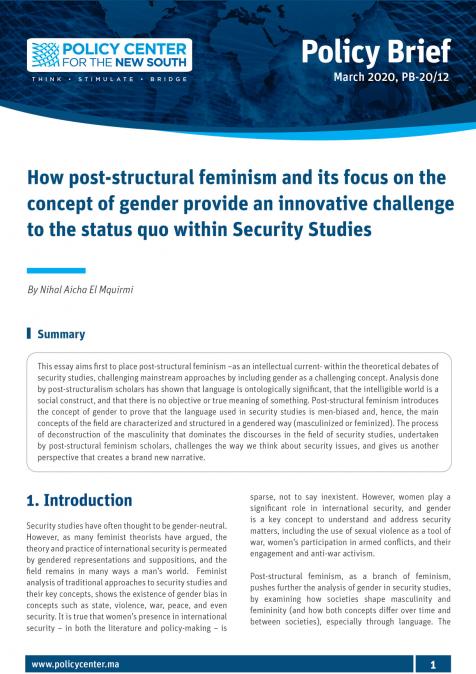Podcasts
Crise Libyenne : entre puissances internationales et revendications internes
Related topics:
Abdelhak Bassou, Senior Fellow au Policy Center for the New South, revient sur l’une des principales crises géopolitiques de ces dernières années, une crise qui se déroule à l’intersection de l’Afrique du Nord, de la Méditerranée, et du Sahel : la crise libyenne. En s’intéressant d’abord aux différents sommets, conférences, réunions internationales et inter-libyennes, il s’avère que l’un des principaux défis en vue de la résolution de la crise réside dans la coordination des efforts des différents acteurs impliqués. L’une des difficultés de la crise réside ainsi dans la complexité qu’apportent avec eux les différentes parties, et en particulier certaines puissances internationales et régionales. Cette complexité se surajoute aux complications qui vont de pair avec les revendications et intérêts, à tous les niveaux, des acteurs libyens, et à la possibilité pour eux de changer de position ou de demande d’une échéance diplomatique à l’autre. M. Bassou, en analysant ces différents points, s’attarde ainsi sur les conditions de possibilité pour la résolution d’une crise où aucune solution n’a jusqu’ici été pérenne, en rappelant certaines des caractéristiques, venues de son histoire et de son anthropologie, de la société libyenne, et en se penchant sur la question des équilibres de force internes et mondiaux.







